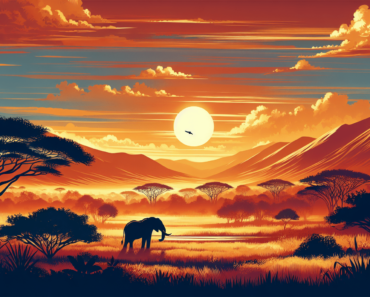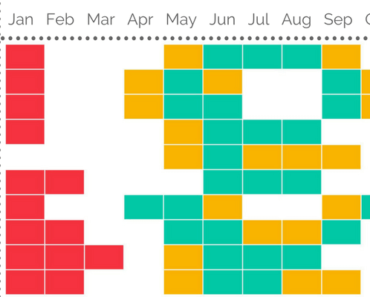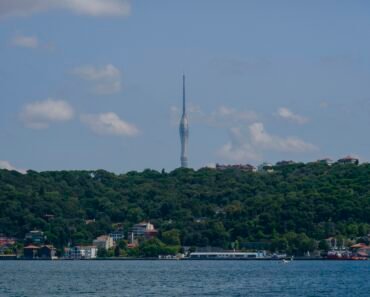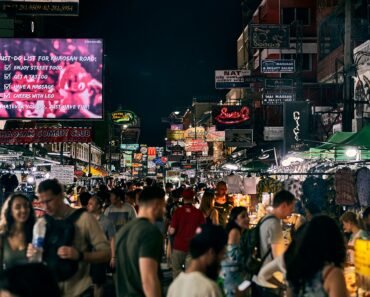Have you ever wondered when the perfect time to visit South America is? With its vast landscapes, varying climates, and rich culture, planning a trip to this region can be both exciting and slightly overwhelming. Whether you’re planning to hike the Andes, relax on Brazilian beaches, or explore the ruins of ancient civilizations, timing can be crucial for an optimal experience.
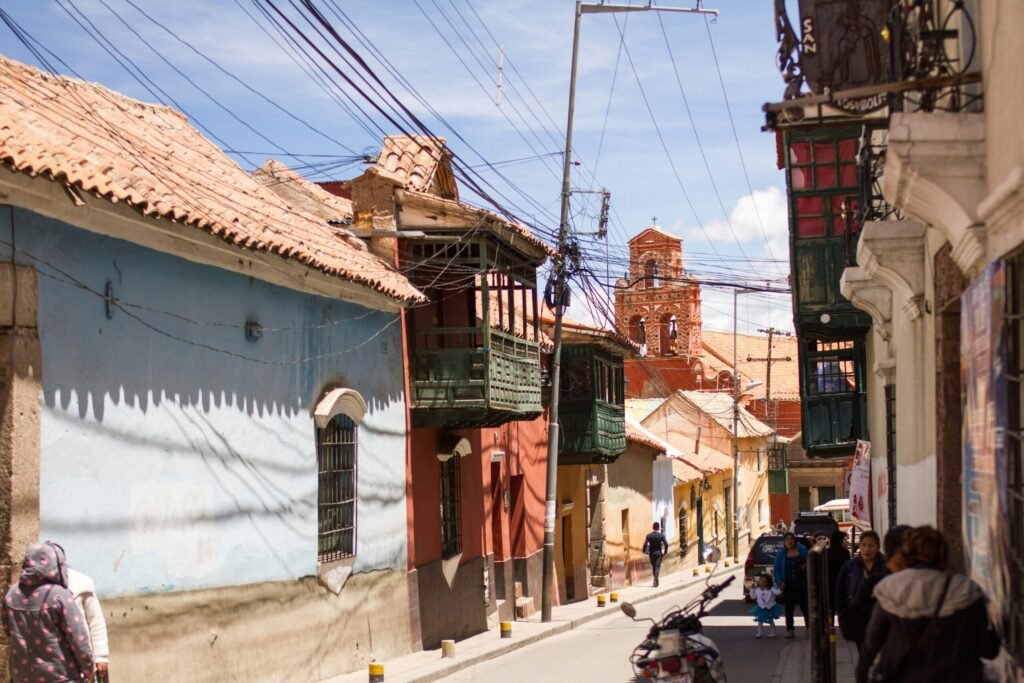
This image is property of images.unsplash.com.
Overview of South American Seasons
South America, due to its extensive range from the equator down to the southern tip, experiences a variety of climatic conditions. These differences significantly affect your travel experience. The seasons in South America are almost a mirror image of those in the Northern Hemisphere: when it’s summer in North America, it’s winter down south, and vice versa.
Summer (December to February)
Summer in South America is an exhilarating experience. From the Amazon rainforest’s dense, humid air to the dry heat of the Atacama Desert, the summer season offers a variety of climatic conditions that you can choose from.
Pros:
- Ideal for visiting southern regions like Patagonia, where temperatures are more temperate.
- Great time to explore the beaches of Brazil and Uruguay.
Cons:
- Peak tourist season, which means higher prices and more crowds.
- Some regions, like northern Brazil and the Amazon, can be exceptionally humid and hot.
| Region | Weather Conditions | Activities |
|---|---|---|
| Patagonia | Temperate and mild | Hiking, glacier tours |
| Brazil | Hot and humid in the north; warm in the south | Beach activities, Carnival in February |
| Peru | Rainy season in the highlands | Visit coastal areas |
Autumn (March to May)
Autumn can be a more relaxed time to visit, especially if you prefer milder weather and fewer crowds.
Pros:
- Ideal conditions for trekking in regions like the Andes.
- Wine harvest season in Argentina and Chile, offering unique cultural experiences.
Cons:
- Rainfall can still be significant in some regions like the Amazon and Northern Brazil.
- Shorter days and cooler temperatures in the southern regions.
| Region | Weather Conditions | Activities |
|---|---|---|
| Andes | Dry and cool | Trekking |
| Argentina | Mild temperatures | Wine tours in Mendoza |
| Bolivia | Variable; dry in the altiplano | Visit La Paz, Uyuni Salt Flats |
Winter (June to August)
Winter in South America can vary drastically depending on your location within the continent.
Pros:
- Best time to visit the Amazon Rainforest, as it’s less humid and offers better wildlife spotting.
- Great for skiing in the Andes.
Cons:
- Extremely cold in the southern regions, making some outdoor activities difficult.
- Shorter daylight hours in the southern latitudes.
| Region | Weather Conditions | Activities |
|---|---|---|
| Amazon | Cooler and less humid | Wildlife spotting, river cruises |
| Andes | Cold; snow in higher altitudes | Skiing, trekking |
| Patagonia | Very cold and windy | Limited outdoor activities |
Spring (September to November)
Spring is another fantastic time for travel with its blooming landscapes and fewer crowds compared to summer.
Pros:
- Ideal for visiting the southern regions before the peak tourist season.
- Moderate weather in most parts of the continent.
Cons:
- Some areas might still experience rainfall, especially in northern regions.
- Seasonal activities, such as skiing, might be limited as the snow melts.
| Region | Weather Conditions | Activities |
|---|---|---|
| Southern Chile & Argentina | Mild and temperate | Hiking, sightseeing |
| Brazil | Warm and less humid | Beach activities, sightseeing |
| Peru | End of dry season in highlands | Trekking to Machu Picchu |
Best Time to Visit by Country
South America is a mosaic of different countries, each with its unique climate and attractions. Here’s a country-by-country breakdown of the best times to visit:
Brazil
Brazil, known for its vibrant culture and iconic landscapes, is a year-round destination. However, there are still optimal times to plan your visit.
Dry Season (May to September):
- Best time to visit the Amazon and Pantanal wetlands.
- Cooler and less humid, making wildlife spotting easier.
Wet Season (December to March):
- Ideal for beach activities in places like Rio de Janeiro and Salvador.
- Experience the famous Carnival in February.
Argentina
Argentina offers a range of experiences from the glaciers of Patagonia to the vibrant streets of Buenos Aires.
Summer (December to February):
- Best for exploring Patagonia and the southern regions.
- Buenos Aires can be quite hot but vibrant.
Autumn (March to May):
- Ideal for wine tours in Mendoza and exploring the northwest regions.
Winter (June to August):
- Great for skiing in the Andes.
Peru
Peru is famous for Machu Picchu and its diverse geography, ranging from the Amazon Rainforest to the Andes Mountains.
Dry Season (May to September):
- Best time for trekking, especially the Inca Trail.
- Cooler temperatures in the mountains, ideal for exploration.
Wet Season (December to March):
- Coastal areas are pleasant and less crowded.
Chile
Chile stretches from the driest desert in the world to glacier-studded Patagonia.
Summer (December to February):
- Perfect for Patagonia, Torres del Paine, and southern fjords.
Autumn and Spring (March to May, September to November):
- Ideal for wine regions and the Lake District.
Winter (June to August):
- Best for skiing near Santiago and in the Andes.
Colombia
Colombia, located near the equator, has a more consistent climate but still offers distinct wet and dry seasons.
Dry Season (December to March, July to August):
- Perfect for beach activities in Cartagena and exploring cities like Bogotá and Medellín.
Wet Season (April to June, September to November):
- Better for experiencing lush landscapes and fewer tourists.
Ecuador
Ecuador offers a mix of Amazon Rainforest, Andean highlands, and the Galápagos Islands.
Dry Season (June to September):
- Best for visiting the Galápagos and trekking in the Andes.
Wet Season (October to May):
- More rain but still manageable for visiting the Amazon and coastal areas.

This image is property of images.unsplash.com.
Special Events and Festivals
South America is teeming with vibrant festivals and cultural events that can make your trip extraordinary. Planning your visit around these events can offer a unique and immersive experience.
Carnival (Brazil)
One of the most famous events globally, the Brazilian Carnival is held in February or early March. Cities like Rio de Janeiro and Salvador come alive with parades, samba dancing, and elaborate costumes. If you’re looking to experience Brazil’s culture in its most vibrant form, this is the time to visit. Keep in mind this is peak season, so expect higher prices and book well in advance.
Grape Harvest Festival (Argentina)
Held in March in the Mendoza region, this festival celebrates the grape harvest with parades, music, and wine tastings. It’s an excellent opportunity to delve into Argentina’s wine culture and enjoy the local festivities.
Inti Raymi (Peru)
Celebrated on June 24th in Cusco, Inti Raymi is the Festival of the Sun, a significant Inca festival commemorating the winter solstice. Expect to see elaborate costumes, traditional dances, and reenactments of ancient ceremonies. This festival provides an exceptional insight into Peru’s rich cultural history.
Semana Santa (Various Countries)
Holy Week, or Semana Santa, is celebrated in many South American countries with extravagant processions and rituals. Notable celebrations occur in Popayán (Colombia), Quito (Ecuador), and Cusco (Peru). This is a spiritually rich time to visit and experience the deep-rooted Christian traditions of the region.
Day of the Dead (Ecuador, Peru, Bolivia)
While Mexico is famous for its Day of the Dead celebrations, countries like Ecuador, Peru, and Bolivia also honor this tradition on November 1st and 2nd. Extravagant altars, traditional foods, and a somber yet celebratory atmosphere make it an intriguing time to visit.
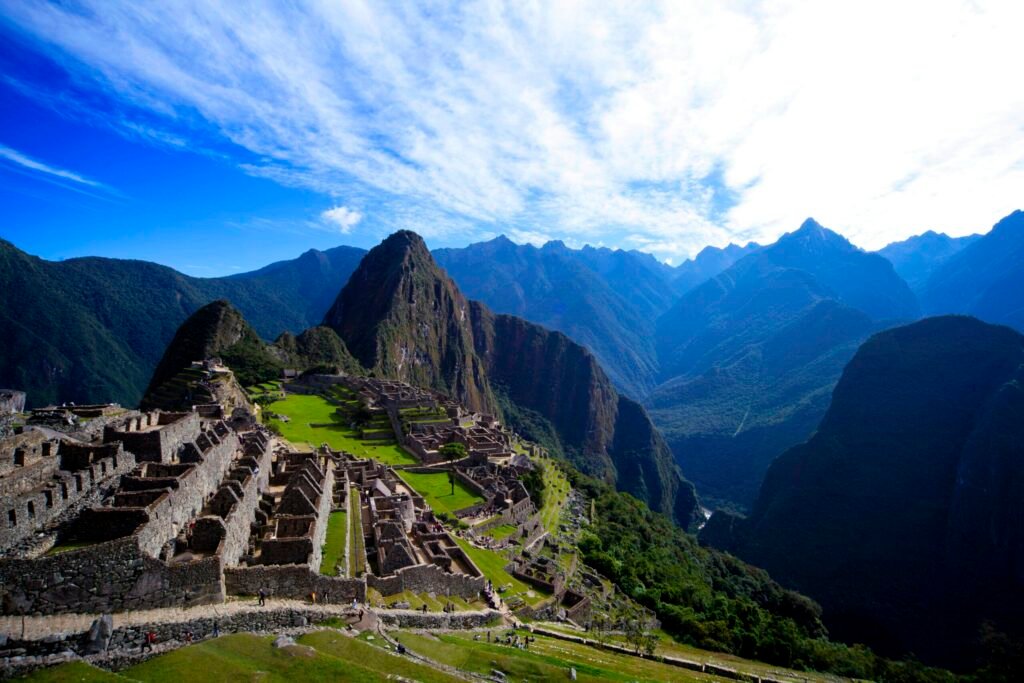
This image is property of images.unsplash.com.
Unique Experiences by Season
Certain activities and excursions are particularly suited to specific times of the year. Here’s a glance at some unique experiences you can indulge in depending on the season you visit.
Summer: December to February
Trekking in Patagonia
The summer months are the best time to explore the breathtaking landscapes of Patagonia. Whether it’s hiking through Torres del Paine National Park or trekking to the base of Mount Fitz Roy, the weather is generally mild and the days long.
Amazon River Cruises
Summer is also a perfect time for an Amazon River cruise. Despite the humidity, the jungles are teeming with life, and the higher water levels allow you deeper access into the rainforest.
Autumn: March to May
Wine Tours in Mendoza
Fall is the grape harvest season in Argentina’s Mendoza region. Wine tours and tastings become a cultural experience as you can see the winemaking process in full swing and participate in the celebrations.
Salt Flats in Bolivia
The Salar de Uyuni in Bolivia is stunning in the autumn months. After the rainy season in February and March, a thin layer of water on the flats creates a mesmerizing mirror effect, perfect for photography.
Winter: June to August
Skiing in the Andes
Chile and Argentina offer some of the best skiing in the southern hemisphere, with resorts like Valle Nevado near Santiago and Cerro Catedral near Bariloche providing excellent slopes for winter sports enthusiasts.
Wildlife Spotting in the Amazon
Winter months are less humid in the Amazon, making it the best time for wildlife spotting. Jaguars, caimans, and capybaras are more visible, and river cruises are more comfortable.
Spring: September to November
Visiting Iguazu Falls
Spring is an excellent time to visit Iguazu Falls on the border between Argentina and Brazil. The waterfalls are in full flow, and the surrounding rainforest is lush and vibrant.
Trekking to Machu Picchu
The end of the dry season in November is a great time to trek to Machu Picchu. The weather is relatively dry but not as cold as winter, and the trails are less crowded.

Practical Tips for Traveling in South America
Understanding the seasonal differences and planning accordingly can significantly enhance your travel experience in South America. Here are some practical tips to help you get the most out of your visit.
Understand the Region’s Diversity
South America’s vast and diverse landscape means that different regions can have vastly different climates at the same time of year. Research the specific areas you plan to visit and tailor your itinerary based on local conditions rather than general seasonal trends.
Book in Advance for Peak Seasons
Popular tourist destinations like Patagonia and Brazilian beaches can get very crowded during peak season (summer months). Booking accommodation and tours well in advance can save you both money and stress.
Pack for Multiple Climates
Even within one country, you might encounter drastically different weather conditions. For example, traveling in Peru could mean experiencing chilly nights in Cusco and sweltering heat in the Amazon. Layered clothing, sturdy footwear, and a good mix of both warm and light attire are essential.
Stay Informed About Local Events
Festivals and cultural events can greatly enrich your travel experience but may require additional planning. Always check if special events coincide with your visit and make the necessary arrangements in advance.
Consult Local Guidelines and Travel Advisories
Always stay updated with local travel advisories and guidelines, especially if you plan to visit remote or ecologically sensitive areas. Understanding local regulations concerning wildlife interaction, environmental conservation, and community customs can significantly enhance your trip and ensure it is respectful and responsible.
Learn Basic Spanish or Portuguese Phrases
While many South American countries have tourist-friendly services where English is spoken, learning a few basic Spanish or Portuguese phrases can go a long way. It shows respect for the local culture and often results in better service and more authentic experiences.
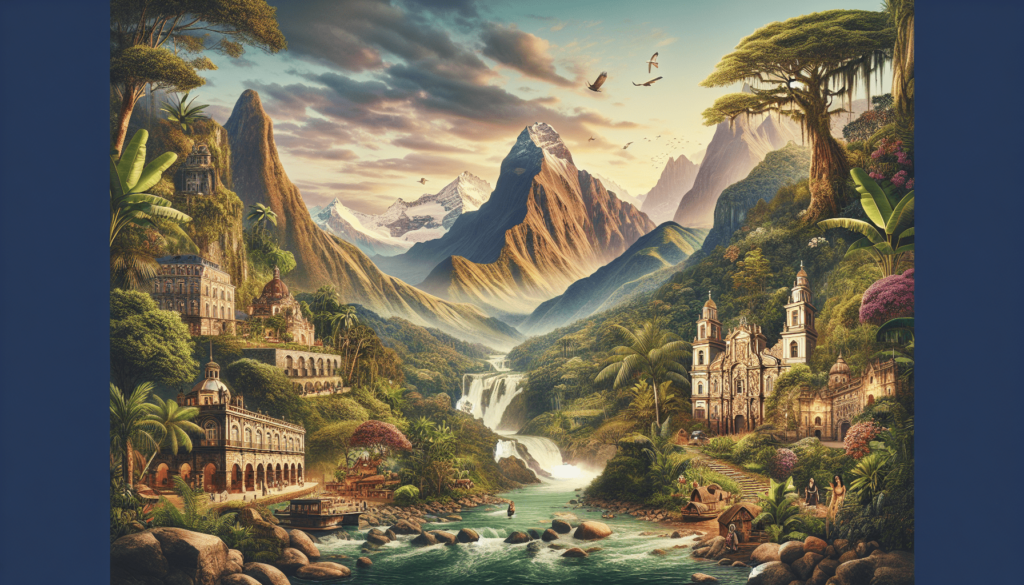
Conclusion
South America’s diversity makes it a continent that can be visited almost any time of the year, depending on what you want to experience. Each season offers its unique set of advantages and activities, whether it’s trekking in Patagonia during the summer, enjoying the wine harvest in Argentina’s autumn, skiing in the Andes in winter, or exploring the waterfalls and highlands in spring.
Timing your visit based on what experiences and activities you are most interested in will ensure a richer and more rewarding trip. Remember to plan ahead, pack appropriately, and stay informed about local events to make the most of your South American adventure.
